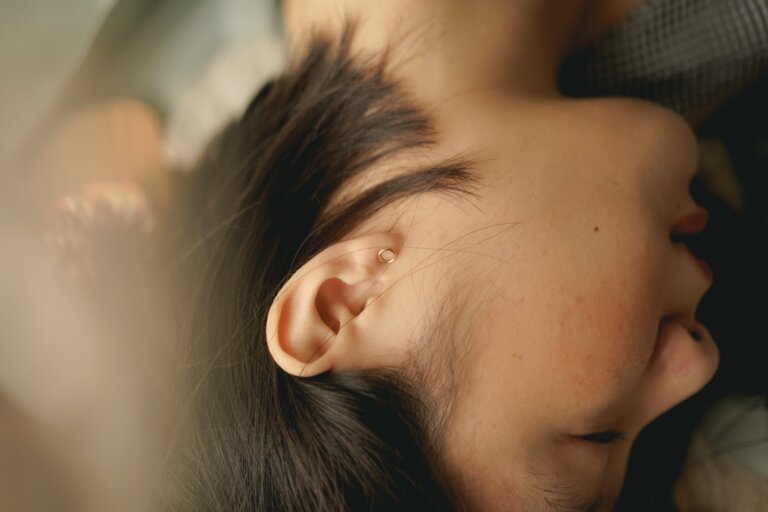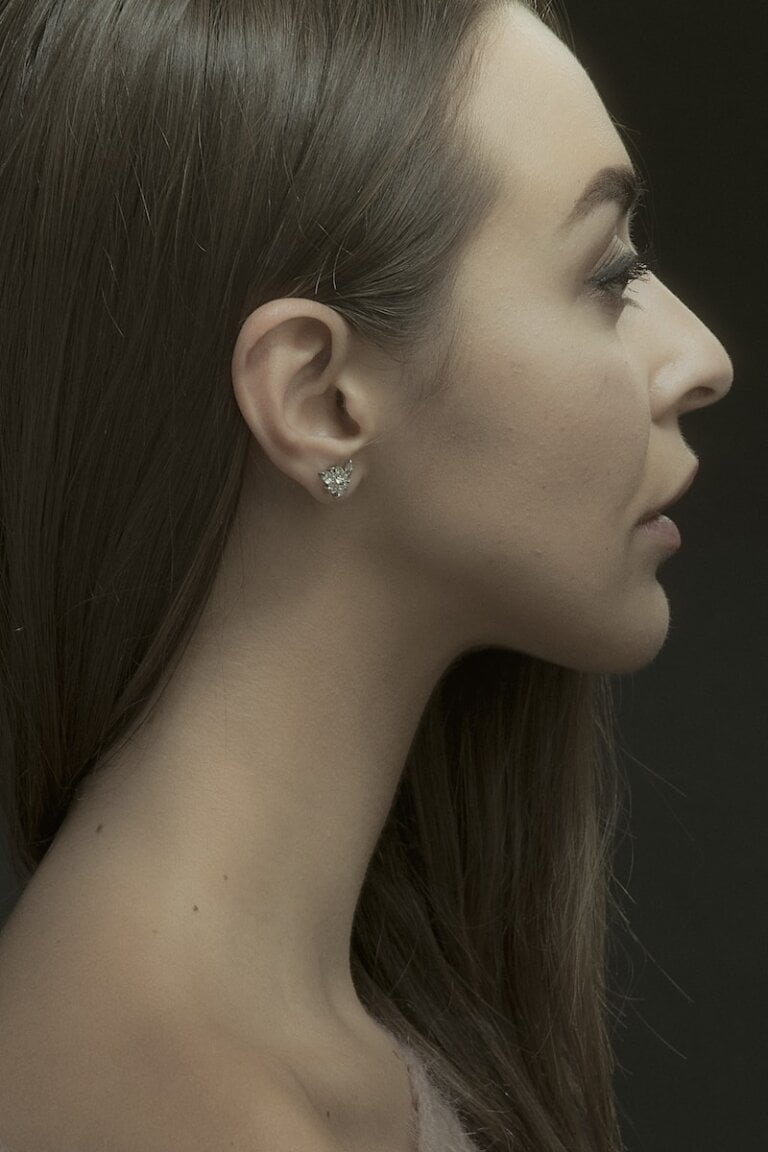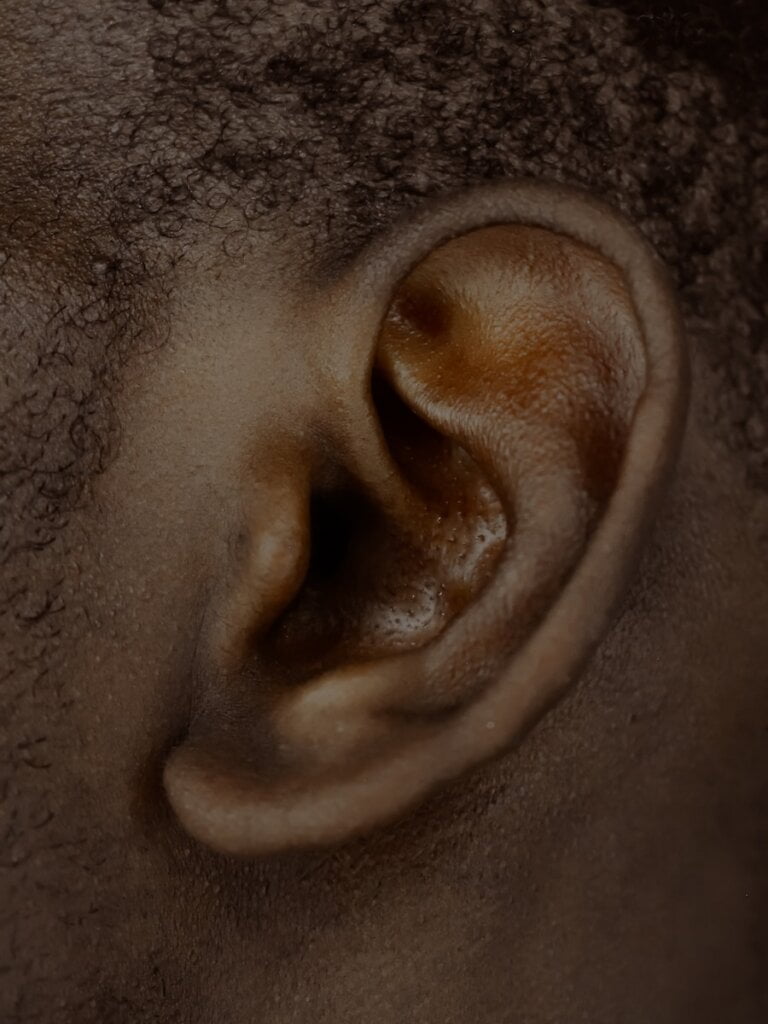Dry Ears No More: Tips for Dealing with and Preventing Dry Ear Issues
Dry ears can be quite uncomfortable and even painful, causing itchiness, flaking, and sometimes even inflammation. Fortunately, there are several effective strategies to deal with and prevent dry ear issues. In this article, we will explore various tips and techniques to keep your ears moisturized and healthy.
Understanding Dry Ears
Before we delve into the remedies, it’s important to understand the causes behind dry ears. Dryness in the ears can occur due to various factors, including:
-
Lack of moisture: Just like our skin, the ears also need sufficient moisture to stay hydrated. The absence of natural oils in the ear canal can lead to dryness. To prevent this, it is essential to provide the ears with a proper amount of moisture and hydration.
-
Excessive cleaning: Over-cleaning or using harsh cleaning agents can strip away the natural protective oils in the ears, making them prone to dryness. It’s essential to strike a balance between cleanliness and preserving the natural moisture in the ears.
-
Environmental factors: Dry and arid climates, low humidity levels, and exposure to wind or sun can contribute to dry ear issues. These elements can cause the moisture in the ears to evaporate quickly, leading to dryness. Taking precautions in such environments can help prevent dry ears.
-
Skin conditions: Certain skin conditions such as eczema, psoriasis, or dermatitis can also affect the ears, leading to dryness. These conditions can disrupt the natural balance of oils in the skin, including the ears. Managing these skin conditions can help alleviate dryness in the ears.
Tips for Dealing with Dry Ears
If you’re experiencing dryness in your ears, there are several steps you can take to alleviate the discomfort. Here are some effective tips:
1. Avoid excessive cleaning
While it’s important to maintain ear hygiene, excessive cleaning can do more harm than good. Avoid using cotton swabs or any pointed objects to clean your ears as they can damage the delicate skin and further contribute to dryness. Instead, gently clean the visible parts of your ears with a soft cloth after bathing. This will help remove any excess dirt or debris without disrupting the natural oils.
2. Moisturize your ears
One of the most effective ways to combat dry ears is to keep them moisturized. Here’s how you can do it:
- Apply a few drops of mineral oil, baby oil, or olive oil into your ears using a clean dropper. These oils help to retain moisture and prevent dryness in the ear canal. It’s important to use clean droppers to avoid introducing any bacteria into the ears.
- Alternatively, you can use over-the-counter ear drops specifically formulated for dry ears. These drops often contain ingredients that help soothe and moisturize the ears. Consult with your doctor or pharmacist for the appropriate product that suits your needs.
3. Use a humidifier
If you live in a dry climate or spend a lot of time in air-conditioned environments, using a humidifier can help increase the moisture levels in the air. This can prevent your ears from becoming excessively dry. Place a humidifier in your bedroom or office space to add moisture to the air and create a more comfortable environment for your ears.
4. Stay hydrated
Drinking an adequate amount of water throughout the day can help maintain overall hydration, including the skin and ears. Aim for at least eight glasses of water daily to keep your body well-hydrated. Proper hydration ensures that your body produces enough natural oils to keep your ears moisturized from within.
5. Protect your ears
When venturing out in windy or cold weather, protect your ears by wearing a hat or earmuffs. This can shield your ears from harsh winds and prevent moisture loss. Additionally, consider using a scarf or a headband that covers your ears to further protect them from external elements. By keeping your ears covered, you can reduce the chances of dryness and discomfort.
6. Avoid irritants and allergens
Certain irritants and allergens can aggravate dryness in the ears. Avoid exposure to cigarette smoke, strong chemical fumes, and allergens that may trigger an allergic reaction. These substances can irritate the delicate skin in the ears and contribute to dryness. By minimizing exposure to these irritants, you can help maintain the health and moisture balance of your ears.
Preventing Dry Ear Issues
Prevention is always better than cure. By following these preventive measures, you can reduce the chances of developing dry ear problems:
1. Maintain a balanced diet
Including foods rich in omega-3 fatty acids, vitamin E, and zinc can promote healthy skin and prevent dryness. Incorporate foods such as fatty fish (salmon, mackerel), nuts (almonds, walnuts), seeds (flaxseeds, chia seeds), avocados, and leafy greens (spinach, kale) into your diet. These foods contain essential nutrients that nourish the skin, including the delicate skin in your ears.
2. Limit ear cleaning
As mentioned earlier, excessive cleaning can disrupt the natural balance of oils in the ears. Limit cleaning to the visible parts and avoid inserting any objects into the ear canal. The ear canal is self-cleaning and produces its own protective wax. By interfering with this process, you can disrupt the natural moisture balance and increase the risk of dryness.
3. Be cautious while swimming
To prevent water from getting trapped in your ears while swimming, use earplugs or a swim cap. These protective gear items create a barrier that prevents water from entering the ear canal. After swimming, gently dry your ears with a towel to remove any excess moisture. Tilt your head to the side and gently pull on the earlobe to facilitate the drainage of water.
4. Keep an eye on allergies
If you have allergies, try to identify and avoid allergens that can trigger reactions in your ears. Common allergens include pollen, dust mites, pet dander, and mold. Consult with an allergist to determine the appropriate course of action. By managing your allergies effectively, you can reduce the risk of inflammation and dryness in your ears.
5. Regularly moisturize
Even if you don’t have dry ears, it’s beneficial to use a moisturizing ear drop or oil regularly to maintain the moisture balance. This can help prevent dryness and keep your ears healthy. Choose a product specifically designed for ear moisturization and follow the instructions provided. Regular use of these moisturizing products can provide an extra layer of protection and hydration for your ears.
6. Seek medical advice
If you’re experiencing persistent dryness, discomfort, or if your symptoms worsen, it’s essential to consult a healthcare professional. They can evaluate your condition, provide a proper diagnosis, and recommend suitable treatment options. In some cases, dryness in the ears may be a sign of an underlying medical condition that requires specific treatment. A healthcare professional can guide you in managing your dry ear issues effectively.
Remember, everyone’s ears are unique, and what works for one person may not work for another. It’s essential to find the right routine and products that suit your ears and provide relief from dryness. By following these tips and taking proactive measures, you can keep dry ears at bay and enjoy healthy, comfortable ears.
FAQ
Q1: What are the causes of dry ears?
A1: Dryness in the ears can be caused by factors such as lack of moisture, excessive cleaning, environmental factors, and skin conditions.
Q2: How can I deal with dry ears?
A2: To alleviate dryness in the ears, you can avoid excessive cleaning, moisturize your ears with oils or ear drops, use a humidifier, stay hydrated, protect your ears from wind and cold, and avoid irritants and allergens.
Q3: How can I prevent dry ear issues?
A3: To prevent dry ear problems, you can maintain a balanced diet, limit ear cleaning, be cautious while swimming, keep an eye on allergies, regularly moisturize your ears, and seek medical advice if needed.
Q4: Can I use cotton swabs to clean my ears?
A4: No, using cotton swabs or any pointed objects to clean your ears can damage the delicate skin and contribute to dryness. It’s best to gently clean the visible parts of your ears with a soft cloth after bathing.







